American Airlines Flight 1603 experienced an unexpected diversion due to a bomb threat found on board. The flight, en route from Newark Liberty International Airport (EWR) to Dallas-Fort Worth International Airport (DFW), had to make an emergency landing in Pittsburgh. The American Airlines flight diverted for safety precautions and to allow authorities to investigate the threat.
Incident Details: American Airlines Flight Diverted
On September 4th, American Airlines Flight 1603 faced a major disruption when a cabin crew member discovered a bomb threat written on a bathroom door. The writing, faintly in pink, indicated the presence of a bomb on the aircraft.
To ensure safety, the crew decided to divert to the nearest airport, Pittsburgh International Airport (PIT). The aircraft, which had been in the air for only 54 minutes, landed safely at PIT just 27 minutes later.
Emergency Response by American Airlines after Flight Diversion
Upon landing, the FBI and local law enforcement were already on site. They conducted a thorough search of the Boeing 737-800 but found no evidence of a bomb. After the all-clear, the flight was allowed to continue its journey to Dallas.
The delay caused by the bomb threat lasted four hours and forty minutes. The aircraft eventually took off from PIT at 15:09 EDT and reached DFW at 16:35 CDT.
Impact of Bomb Threats on Air Travel
Bomb threats, though alarming, are unfortunately quite common. While many are false alarms, the disruption they cause is significant. The last notable bomb threat in the US occurred in April on another American Airlines flight, which experienced extended delays.
Globally, bomb threats have increased, particularly in India, where there have been seven threats this year alone. Despite the low probability of actual bombs being smuggled onto planes, the potential consequences are severe.
Historical Context: Bombs and Airliners
Although rare, small bombs have historically downed aircraft. For instance, in 2015, a Metrojet Airbus A321 was destroyed by a bomb, resulting in the tragic loss of 219 lives. Such incidents highlight the critical need for rigorous security measures.
In the event of an onboard explosion, pilots are trained to descend quickly to minimize the effects of cabin decompression and land as safely as possible. This procedure, while challenging, is essential for passenger safety. Remember to check WentWorld.com and follow our social media channels for ultimate travel tips and destination guides.
Catch up on the top stories and travel deals by subscribing to our newsletter!

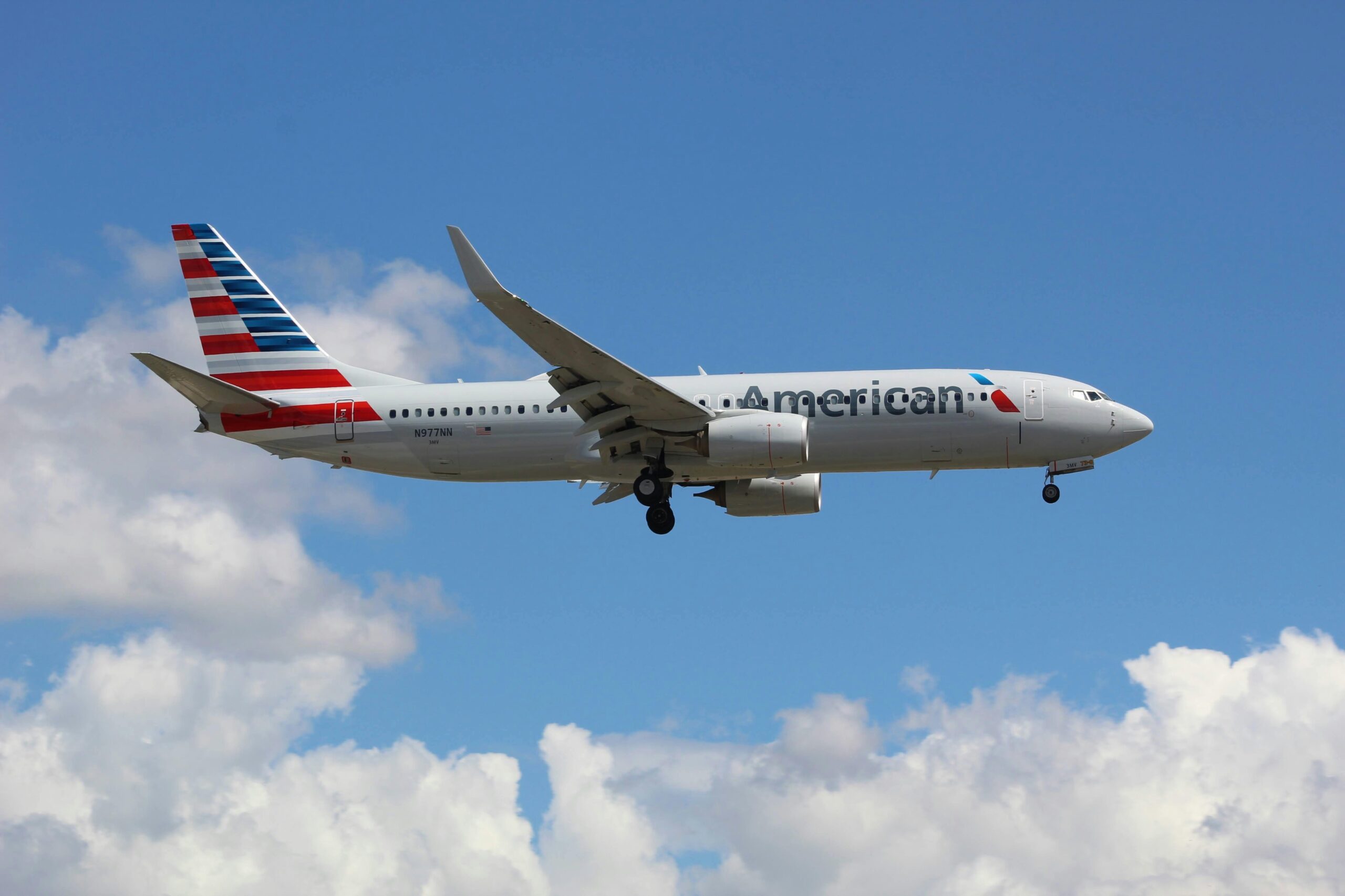


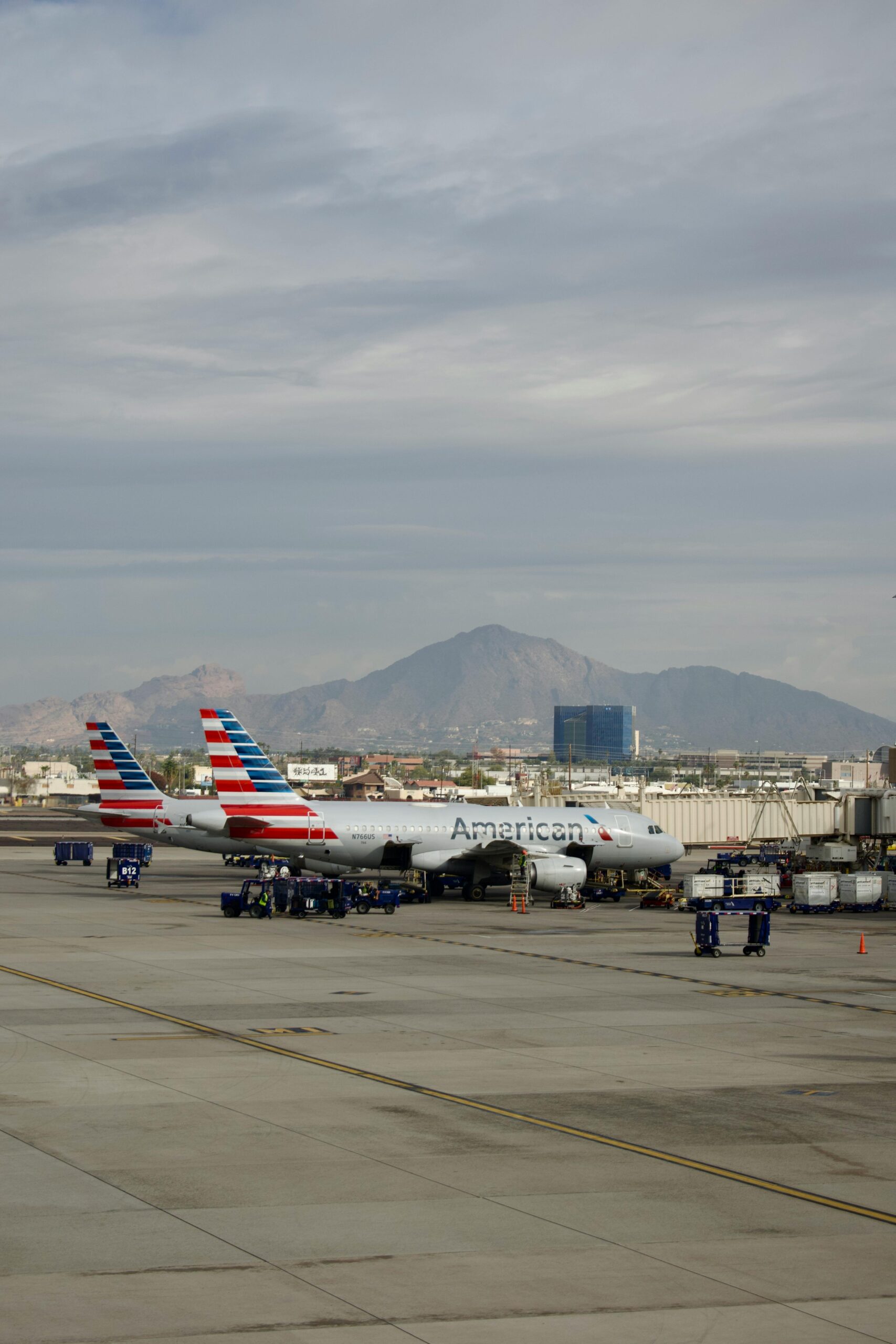
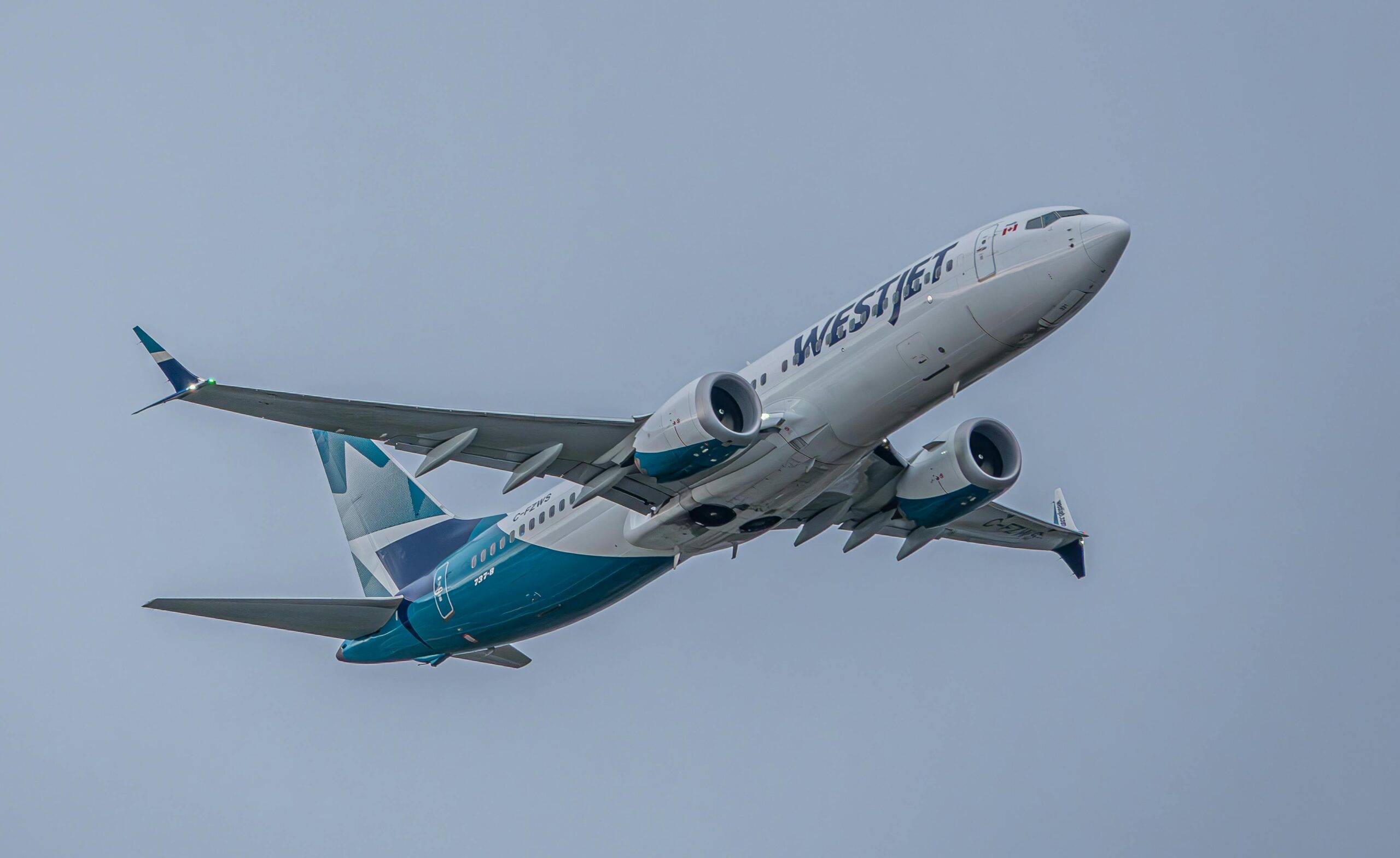
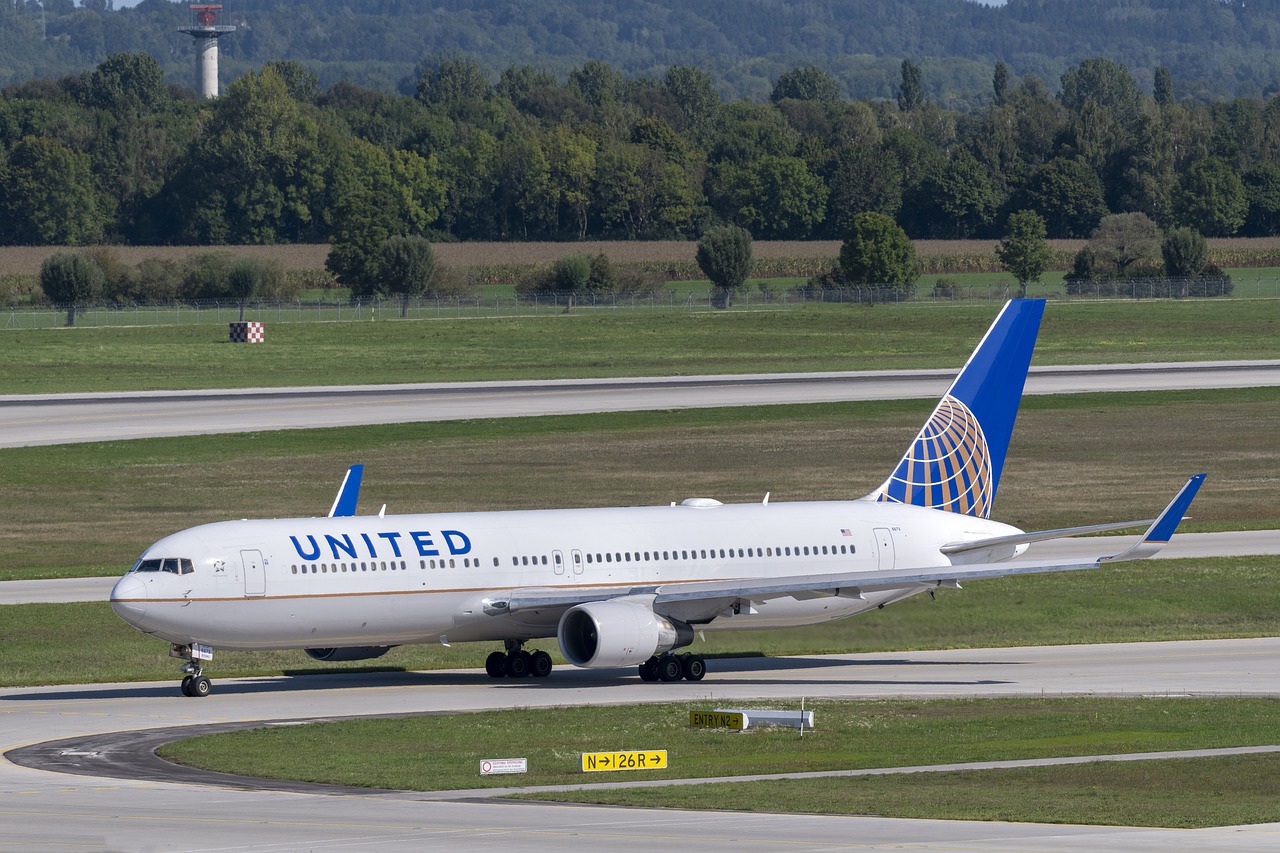
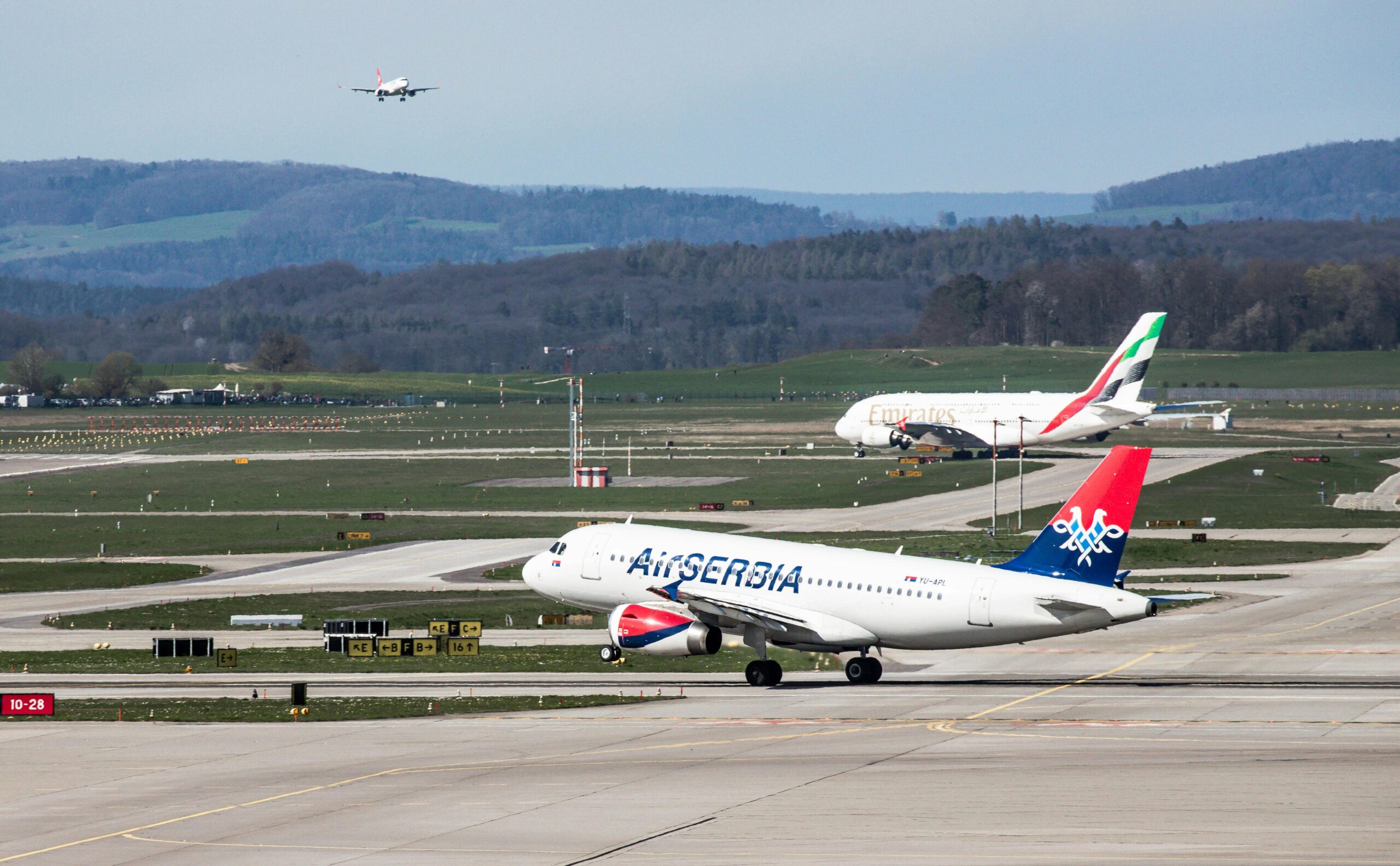




Leave a Reply